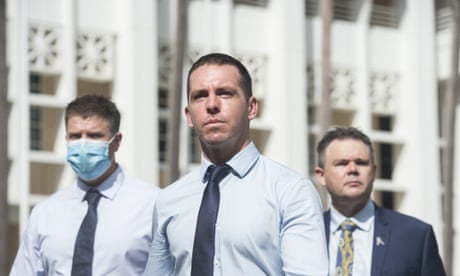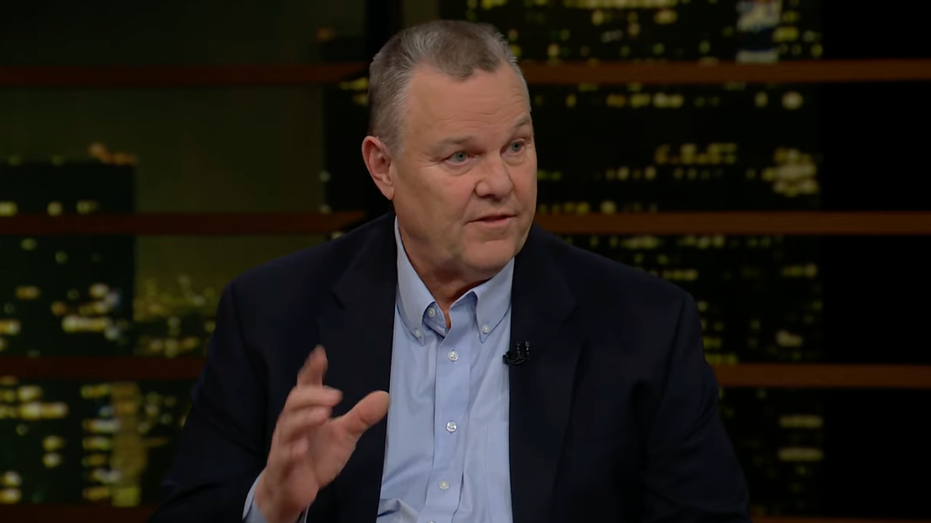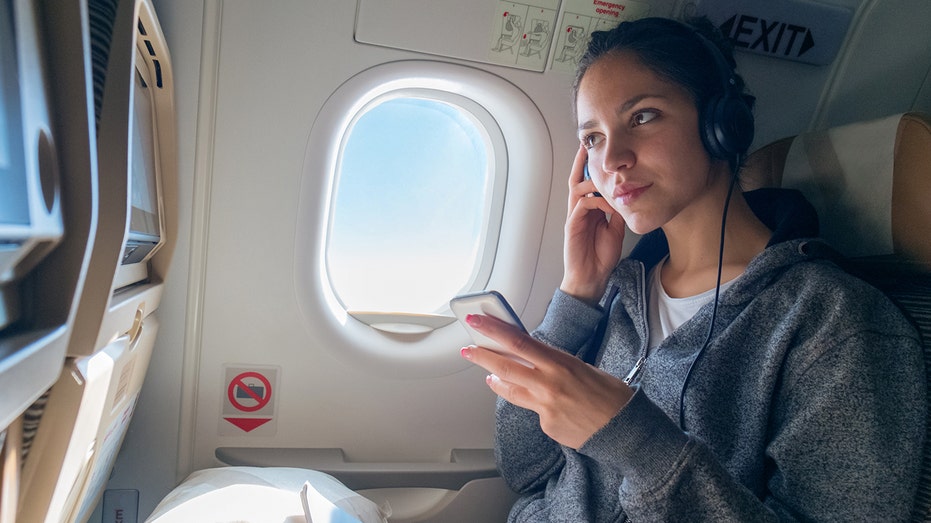- by foxnews
- 09 Mar 2025
Zachary Rolfe trial: What the court has heard so far about the shooting of Kumanjayi Walker
Zachary Rolfe trial: What the court has heard so far about the shooting of Kumanjayi Walker
- by theguardian
- 19 Feb 2022
- in news

The trial of constable Zachary Rolfe has been running for the past two weeks in Darwin and is expected to run for at least another fortnight.
Rolfe is charged with murdering Indigenous man Kumanjayi Walker in the remote community of Yuendumu, about 300km from Alice Springs, in November 2019.
He has pleaded not guilty to murder and alternate charges. Here is what the court has heard during the trial.
The court has heard Rolfe shot Walker three times at a property known as House 511 in Yuendumu at about 7.20pm on 9 November 2019. He had been trying to arrest Walker, a 19-year-old Warlpiri man, in relation to an outstanding warrant.
More evidence about the shooting was revealed when Justice John Burns amended previous suppression orders preventing the publication of body-worn camera footage of the shooting played to the court and of detailed descriptions of that footage.
In his opening address, the prosecutor, Phillip Strickland SC, took the jury through body-worn camera footage of the incident. He said Rolfe and fellow constable Adam Eberl had entered House 511 looking for Walker and found him walking towards them. The officers entered via the only working door to the property, meaning Walker could not escape, Strickland said.
Strickland said Eberl and Walker struggled towards the other side of the room and Rolfe fired his first shot, hitting Walker in the middle of the back, while the 19-year-old was standing about a metre away.
Strickland has told the court that Walker then either fell or was wrestled to the ground by Eberl, who he described as physically larger than Walker. The pair then struggled on a mattress.
Sgt Julie Frost, the officer in charge of Yuendumu station, gave evidence that an email described as the operational plan was sent to four of the officers and other police about two hours before they arrived in Yuendumu.
But the officers were already on their way from Alice Springs and would not have had mobile phone reception to check their emails for most of the journey, the court heard.
Two of the Alice Springs-based officers who were in the five-minute briefing and have given evidence, however, recall few details of the briefing and have denied seeing the plan prepared by Frost. Another officer, the dog handler Adam Donaldson, who arrived before the four officers from the Immediate Response Team (IRT) which included Rolfe, said he was given a copy of the plan by Frost.
Frost told the court there was no intelligence on where Walker was, as he had not been seen by police since he threatened two local officers with an axe on 6 November. She had told his family and community elders that he should hand himself in, and given him until after a funeral to be held in the community on 9 November to do so, but did not believe he would surrender.
She said she had told the officers they should gather intelligence on where Walker was while they were patrolling the community on the night of 9 November and that if they came across him that night they should arrest him.
Regardless of what the officers knew before leaving the Yuendumu station, one thing is not in dispute: 15 minutes later Walker was shot.
The prosecution alleges Rolfe acted against his training by drawing his gun while clearing a house during an earlier search for Walker; by allegedly failing to issue verbal commands during his confrontation with Walker; in how he used his weapon during this confrontation, and, along with the other officers involved, by not using cordon and contain techniques once they learned where Walker could be on the night of the shooting.
The defence also considers police training to be important in the case, for different reasons.
Local police suspected Walker had been involved in the break-ins which had prompted medical staff to leave the town. The break-ins and evacuation were both among the reasons used to justify the deployment of Rolfe and other officers from Alice Springs.
She said Walker had been looking at a family photo of his cousins and an aunt in a swimming pool and laughing, she said, before he went inside the property.
- by foxnews
- descember 09, 2016
'Speaker scum' on flights sparks debate among travelers: 'This is getting out of hand'
A traveler asked social media users to weigh in on flyers who play audio aloud on their devices and don't use headphones.
read more


